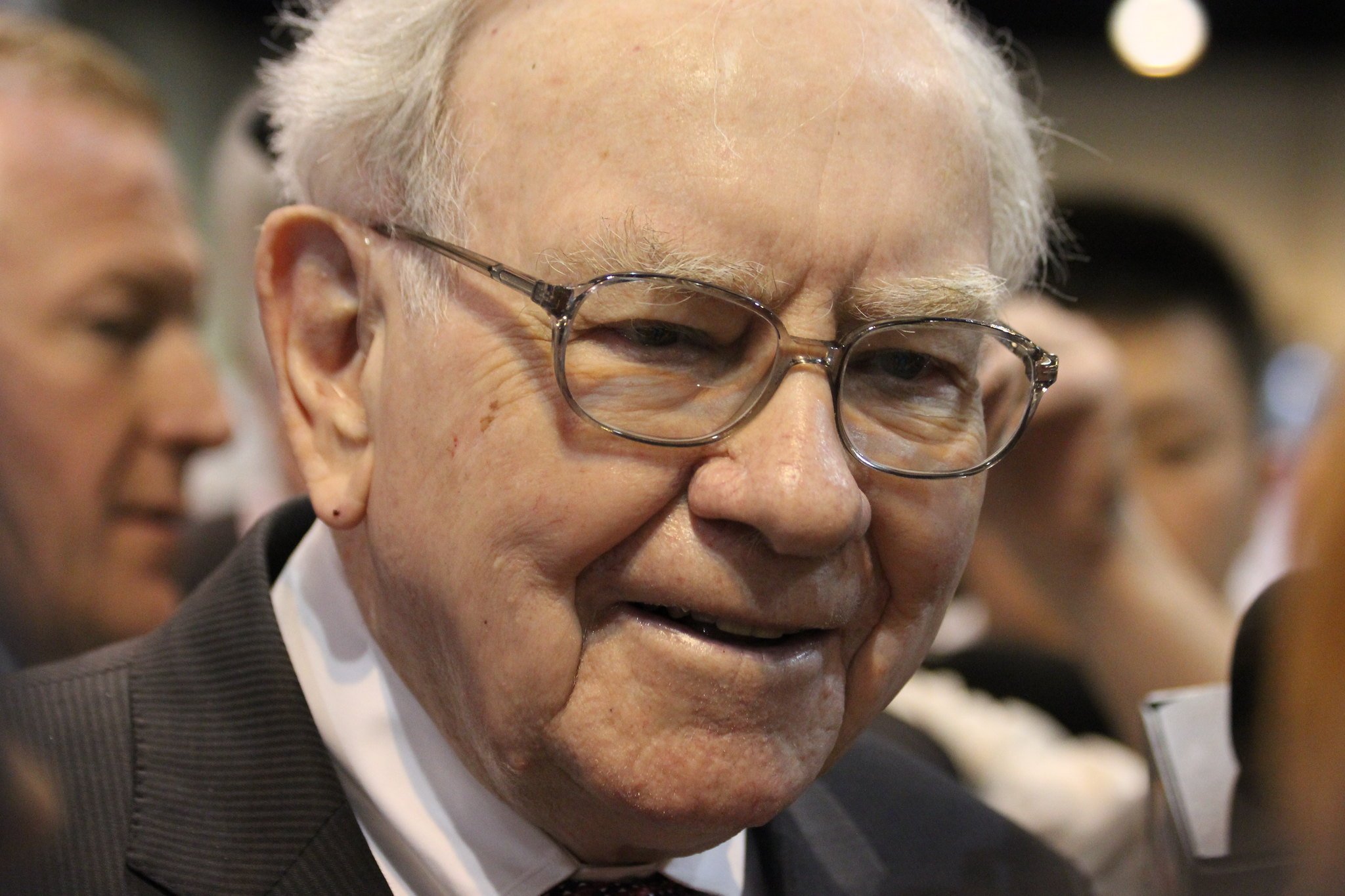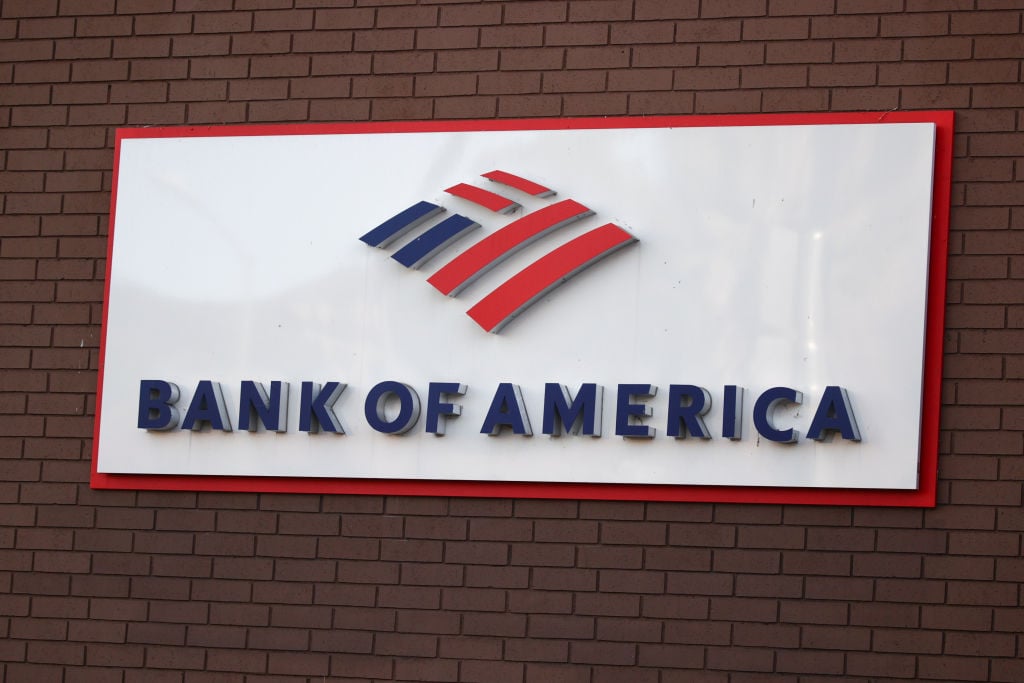Image source: Wavebreak Media/Thinkstock.
Most investors seem to agree that Bank of America's (BAC +0.50%) stock has only one direction to go from here: up. I say that because the North Carolina-based bank is one of the least shorted stocks on the KBW Bank Index, which tracks the performance of 24 large-cap bank stocks.
Right now, only 0.73% of Bank of America's outstanding shares are sold short. That compares to an average short interest of 3.7% across all of the banks tracked by the index.
This is good enough to rank Bank of America third on the KBW Bank Index with respect to the percentage of its outstanding shares sold short. The only banks that beat it are JPMorgan Chase and Wells Fargo. As you can see in the table below, the former's short interest is 0.63% while the latter's is 0.42%.
|
10 Least Shorted Stocks on the KBW Bank Index |
Percent of Shares Sold Short |
|---|---|
|
Wells Fargo |
0.42% |
|
JPMorgan Chase |
0.63% |
|
Bank of America |
0.73% |
|
First Niagara Financial |
0.87% |
|
U.S. Bancorp |
0.88% |
|
Bank of New York Mellon |
0.92% |
|
Citigroup |
0.92% |
|
Northern Trust |
1.03% |
|
PNC Financial |
1.11% |
|
Capital One Financial |
1.29% |
Data source: YCharts.com.
This doesn't mean that everything is going swimmingly for Bank of America. Although it's in the better position today than it has been in nearly a decade, it still has a lot of room to improve.
Bank of America's return on average assets last year was only 0.74%. That was three times better than its 0.23% return on assets in 2014, but it's still below the 1% threshold that most banks strive to attain. This is despite the fact that 2015 marked the first time since the financial crisis that the $2.2 trillion bank generated respectable profits in four consecutive calendar quarters.
The reason such a small percentage of Bank of America's outstanding shares are sold short is likely instead because they're already cheap. They trade for a 37% discount to book value. The average stock on the KBW Bank Index, by contrast, trades for a 17% premium to book value. And shares of the best banks, such as Wells Fargo and U.S. Bancorp, trade for even heftier premiums -- 47% in the former case and 78% in the latter case.
Thus, absent an egregious self-inflicted cataclysm, even if Bank of America's shares do fall, there's a presumed limit to how much lower they can go. And given that shorting stock costs money, as you have to pay interest to borrow stock with which to sell it short, it seems that the vast majority of investors think there's little to be gained by betting on the bank's decline.







